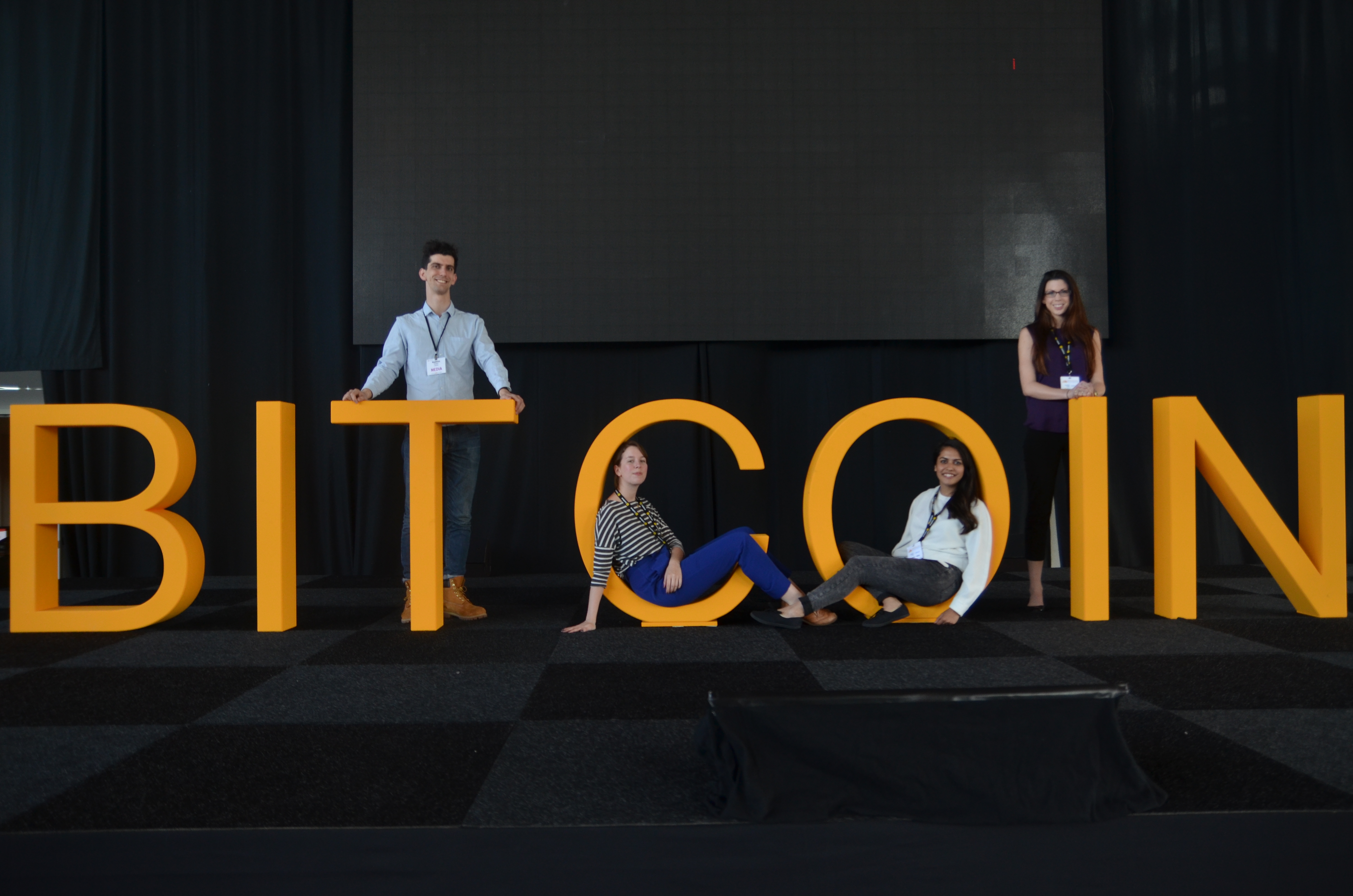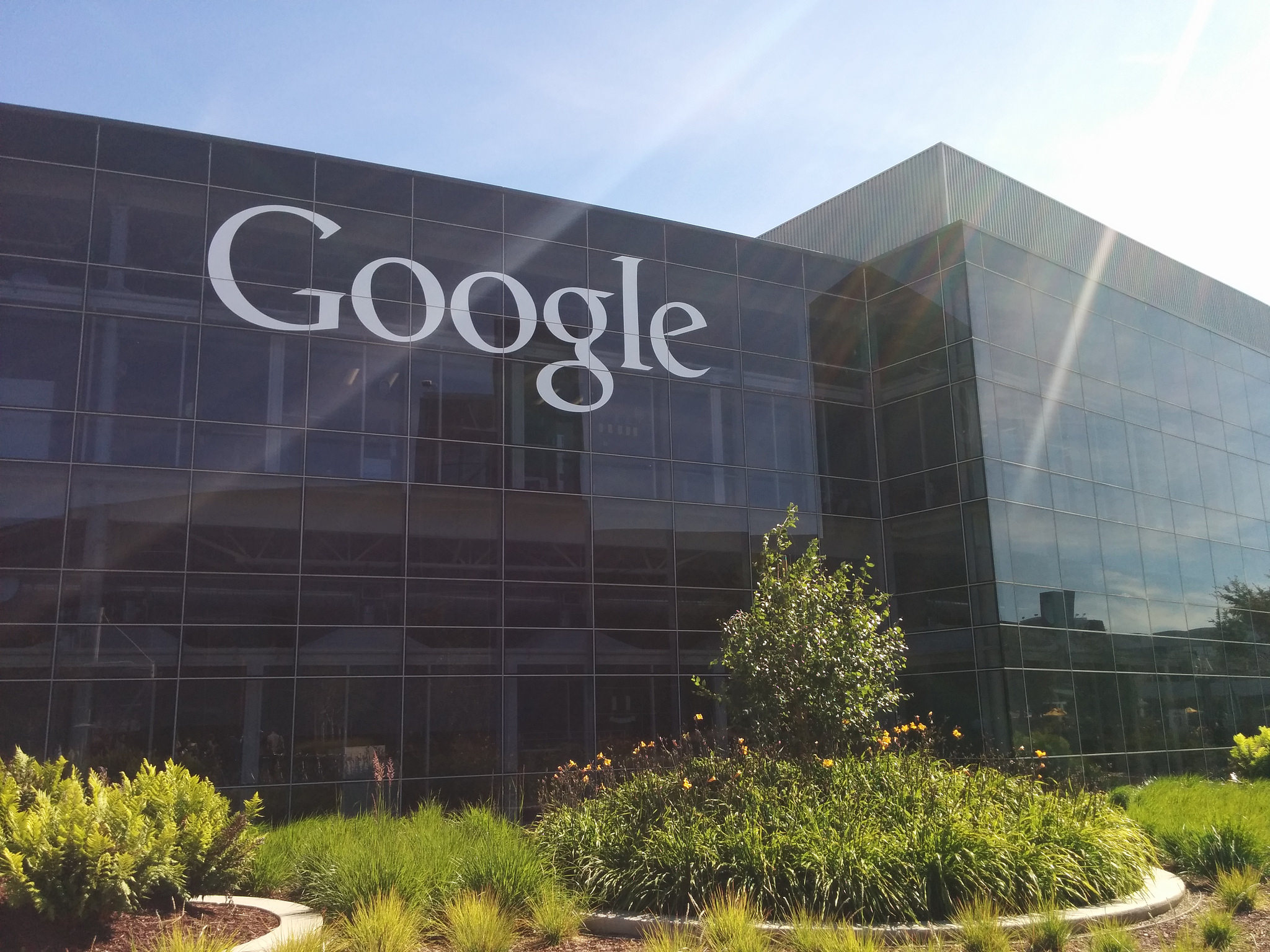Mike Hearn’s recent declaration that Bitcoin is a failed experiment has been met with staunch opposition from many of the currency’s key developers. Hearn has been accused of hyperbolizing the situation because he personally disagreed with decisions made by other developers; many have also said that he is guilty of self-promotion for his new company R3CEV.
Throughout its years of operation, Bitcoin has alternately been considered the future of money and a wasted project. Hearn is the current voice behind the dissolution of Bitcoin, causing those like BitTorrent Founder Bram Cohen to tweet about Hearn’s farewell essay, “That was one whiny ragequit. He’s epically wrong on almost all technical points.” Greg Slepak published a point-by-point refutation of Hearn’s blog post; Sam Patterson similarly refuted a Washington Post article written from a pro-Hearn perspective.
The main controversy about Bitcoin’s demise stems from an original debate about block size. Blocks are virtual files that transaction data is permanently stored in, assembled in a linear sequence to form a “block chain.” The most recent block contains a very difficult mathematical puzzle that requires a correct answer in order to add a new block to the chain, thereby “unlocking” new Bitcoins. Currently, there’s a size limitation to the blocks, which limits the currency’s overall capacity.
Hearn and two others want to split the block chain in two, a move colloquially called the “hard fork,” whereas the other key developers have a different plan, alternatively titled “the roadmap.” The root of the issue, however, is more than technical jargon. Bitcoin is divided because it’s unclear as to who should govern the system. Hearn said that the virtual currency was “meant to be a new, decentralized form of money.” Yet without any centralization, Bitcoin remains a feud between opinionated elite software developers. Which out any form of governance, Bitcoin loses its opportunities at progress.
Then there are those who believe that without Hearn, a feud no longer exists. Mike Komaransky, an employee of the Bitcoin firm Cumberland Mining, tweeted, “Bitcoin Hearn Paradox- With him, consensus is hard to reach, [bitcoin] suffers. [Without] him, consensus is easy to reach, bitcoin prospers. he can’t win.”
Article via TechCrunch, 23 January 2016
Photo: Bitcoin by CoinDesk [Creative Commons Attribution-NonCommercial-NoDerivs]





